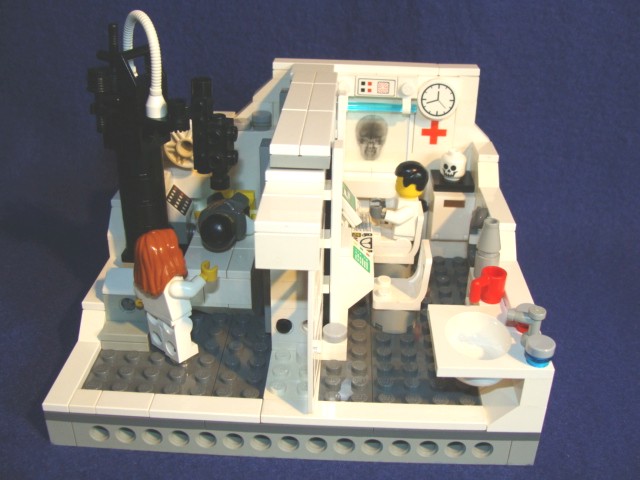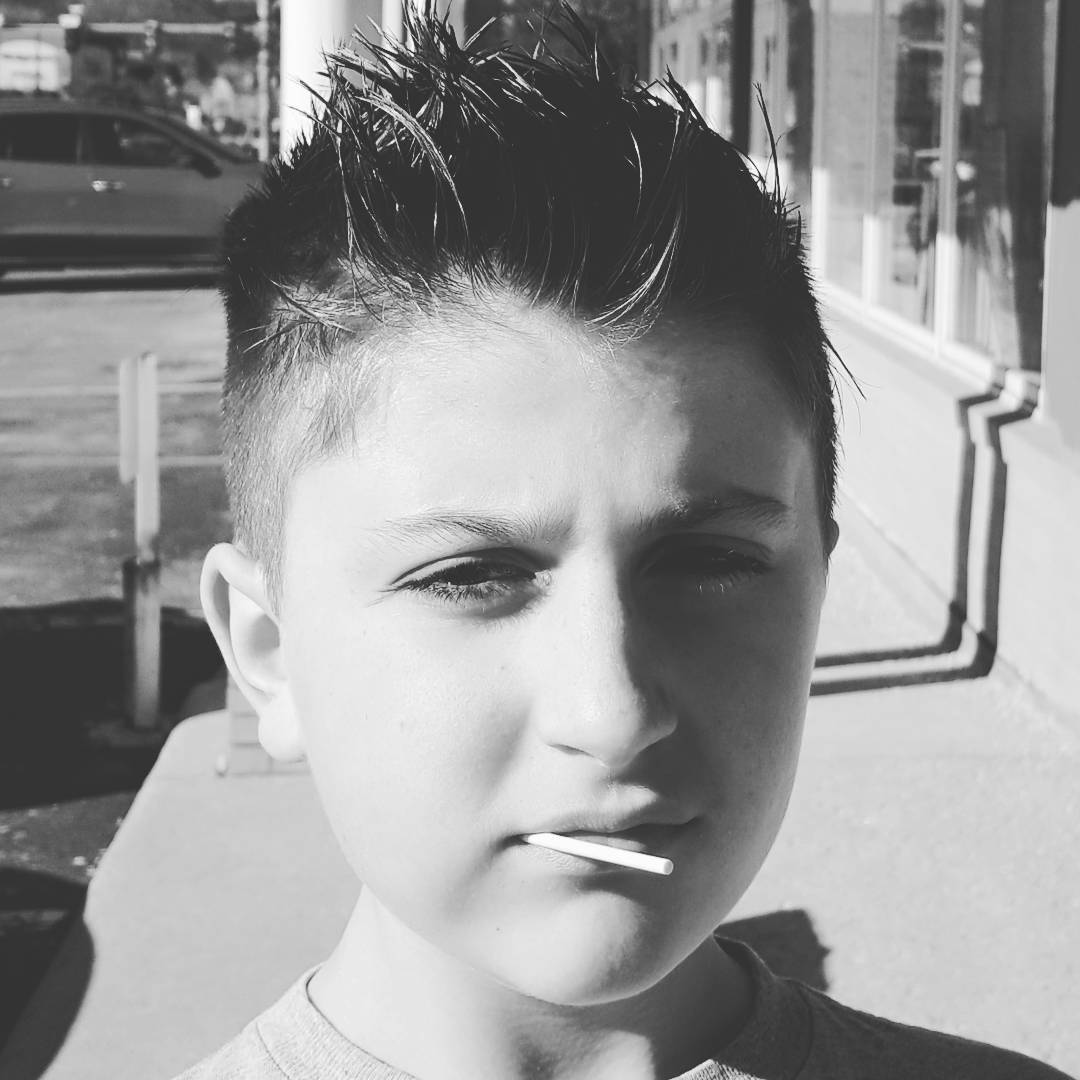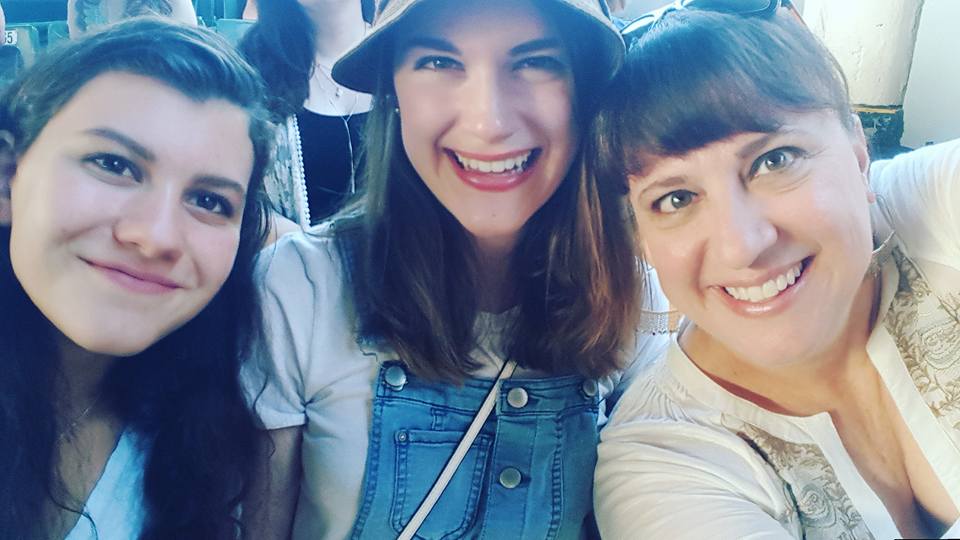My team and I recently had the privilege of attending a course on “Lean” management in healthcare. In a nutshell, Lean is the idea of making work processes visible and understandable, digging deep to find the root causes of problems, making incremental changes to the processes, and then evaluating the effect on the results. Note that I didn’t say “jump to a solution”. We admit that WE DON’T KNOW WHY something is happening. Sounds simple, but it is deceptively hard.
Three examples:
Example One: During our Lean training, our course leaders craftily immersed us in a “Lego Emergency Room” simulation for the first two days. My team was “Team 4”. Team 4 had 8 people who were assigned a job (e.g. registration clerk, triage nurse orderly, ER doc, lab tech, etc). Our overall goal was to get 15 lego patients thru an ER process at different sites (tables).
 Our first run was a spectacular failure. Broken Lego patients, a long waiting room line and loss of money. We only got 1 patient through the process intact. The facilitator came to our group and in debriefing asked us what we thought we needed. “More doctors!!” we cried! “It’s obvious that doctors are the rate-limiting step!”.
Our first run was a spectacular failure. Broken Lego patients, a long waiting room line and loss of money. We only got 1 patient through the process intact. The facilitator came to our group and in debriefing asked us what we thought we needed. “More doctors!!” we cried! “It’s obvious that doctors are the rate-limiting step!”.
However, over the next day as we dug deeper into understanding the process, mapping it and looking at root causes, we discovered that counter to our strongly held biases and assumptions, the rate limiting step (bottleneck) was actually…..CLEAN ROOMS! Meaning our ability to efficiently and effectively evaluate and treat patients in our ER was limited not by our single doctor and his/her speed, but in our ability to have a clean room ready to receive a patient.
Long story short, we eventually caught on and fixed it and we began to transform our ER. A real AHA moment and we couldn’t have had it until we put aside our assumptions and admitted we DIDN’T KNOW why our Lego ER was a mess.
Example Two: A big part of my job right now is teaching doctors, other healthcare providers and family caregivers to say I DON’T KNOW when it comes to behavioral symptoms of dementia (agitation, anxiety, wandering, inappropriate behaviors, etc). Many of these folks will see a behavior like agitation and prescribe (if they are a doctor) or ask a doctor (if they are not one) to prescribe a medication. That’s where unlearning this assumption (difficult behavior=need for medication) comes into play. Just like in our ER simulation where we thought the answer was more docs and it turned out to be clean rooms, often the “answer” to a behavior like agitation is found not in a medication, but in figuring out the root cause of the behavior: a urinary tract infection, boredom, an overstimulating environment, etc. But before we can figure out the root cause, we have to convince doctors and others that they need to admit that they DON’T KNOW why a behavior is occurring and start brainstorming the possible causes. In many cases, if we assume any behavior is a “medication deficit”, we miss understanding the actual cause and being able to correct it.

Example Three: This one is personal. Eleven years ago, my son Theo was born. He was born two weeks early (a scheduled C-section, since I had 2 “failed” vaginal births with my girls). To our surprise and terror, Theo “went blue” shortly after delivery, just after we had arrived in our room. He was whisked out of my arms into the Neonatal ICU. There, he spent two weeks where they tried to figure out why he had apneas AND a club foot with zillions of tests including brain scanning. All negative. This one is harder, because despite a lot of effort, unlike in the Lego ER, the team couldn’t find a root cause. So, one doctor (who will forever live in infamy in our memories) told us that Theo probably had some type of neurological syndrome (he wanted to tie together the apneas and club foot) and would likely have developmental problems, but “not to worry” because “there are special schools for those children”. We were of course, devastated. About a week later, our wonderful regular pediatrician appeared at Theo’s bedside. She looked us in the eyes and said “We don’t know why Theo is having apneas. Another possibility is that he needed more time in utero. Instead of 34 weeks, maybe he needed 38 to fully develop. The club foot may be unrelated. But the bottom line is that Theo will tell us what he needs and we will follow his development and go from there”.
The breathing issues resolved within the next month and Theo thrived and developed. As with any child, there have been bumps along the road (he will never be a track star because of his corrected club foot), but the bottom line (eleven years later): Theo just “graduated” from fifth grade with A’s in most of his subjects. He is a little engineer who can take the most complex lego set and build it in an hour. During the past 11 years, at times, it’s been hard for me because the words the neonatologist uttered have been imprinted at the back of my mind. I have had to watch Theo’s lovely mind and personality unfold NOT knowing automatically that all would be ok.

My beautiful boy.
But in the end, isn’t that true for all of our lives? We never really have any full reassurance it will “be ok”. We have to go about our daily existence not fully knowing and dealing with whatever we are dealt.
Despite these experiences, sometimes, it’s still can be really hard to say I DON’T KNOW. Especially for a doctor. I have to stop myself all the time. We are expected to have all the answers. But often it is the best first step. And often, like our amazing pediatrician, the best gift you can give a patient or family is to say, “I am not sure. Let’s figure this out together.”










